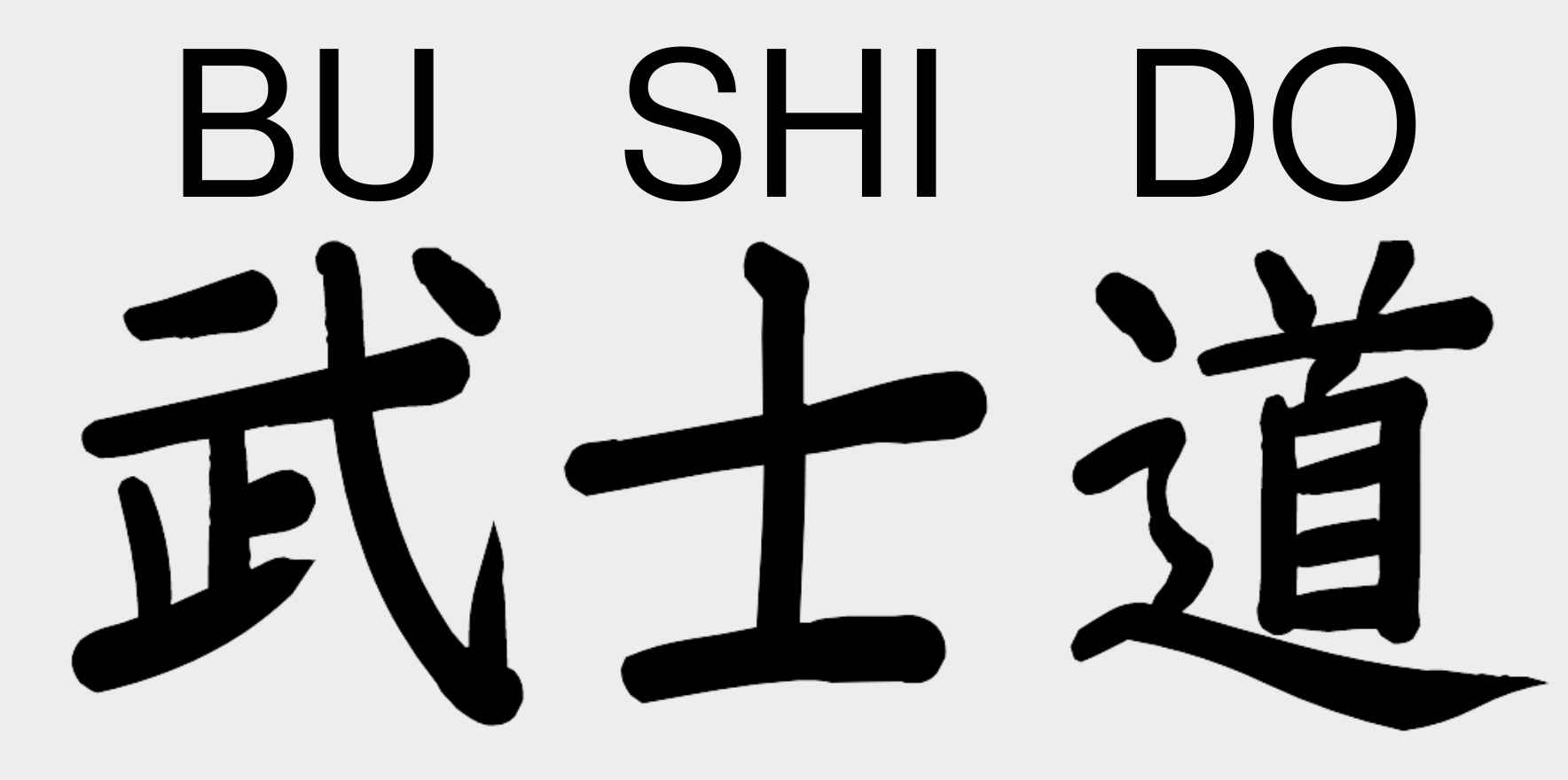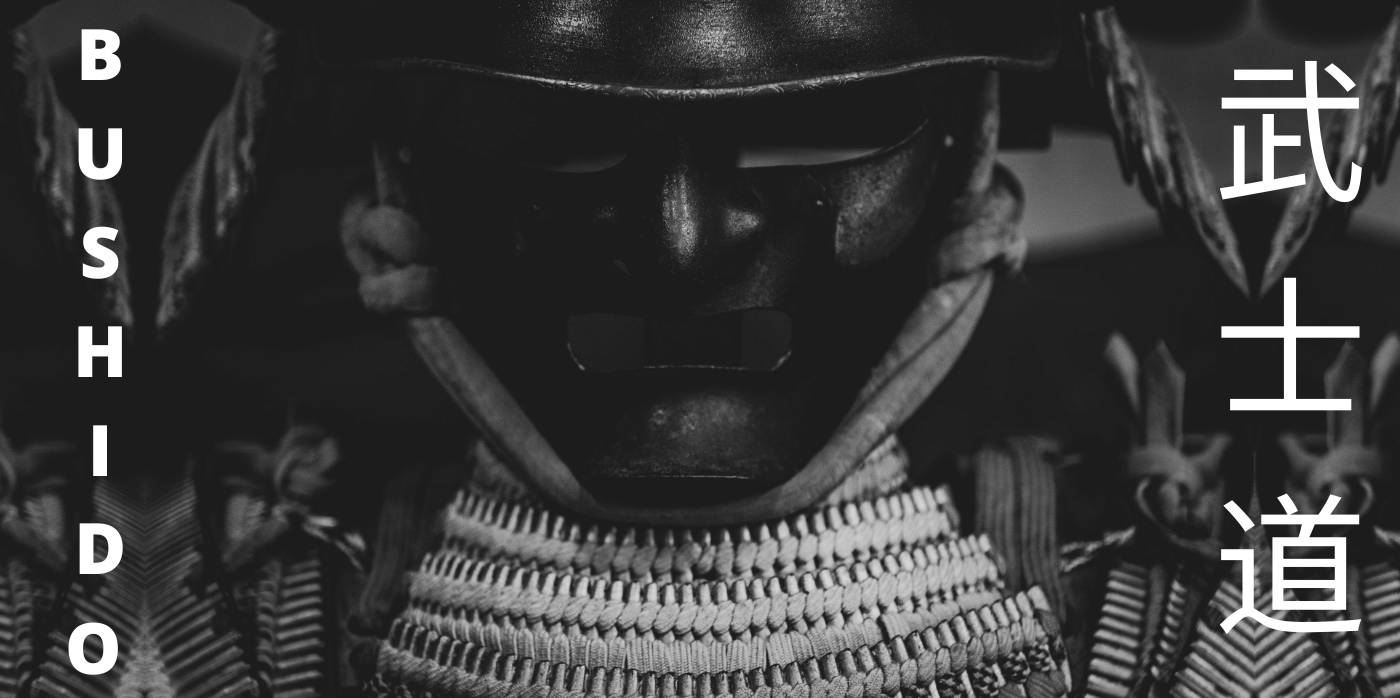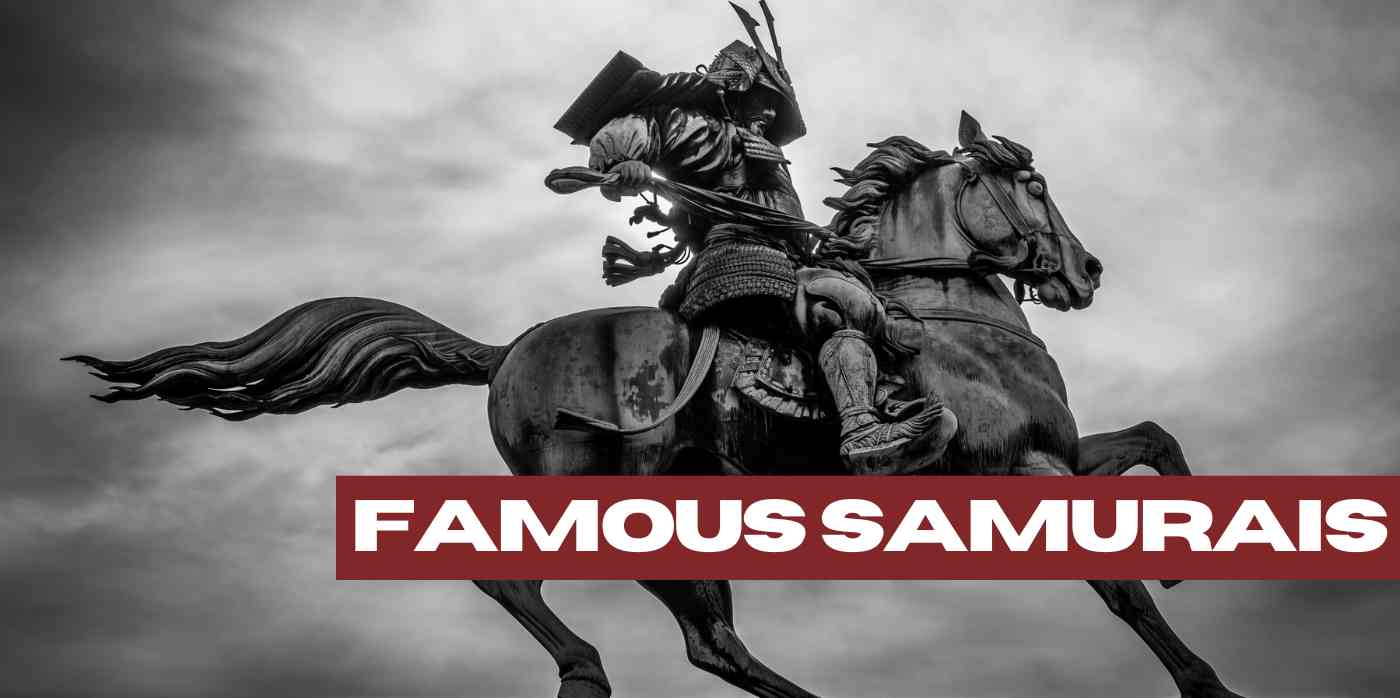Samurai were the military nobility of medieval and early-modern Japan. They belonged to the upper echelons of Japanese society and were expected to set an example for those below them. As such, they adhered to a strict code of conduct, which includes loyalty, honor, courage, and self-discipline. This code is called "Bushido".
The Bushido code is a set of ethical principles that were followed by the samurai warriors of ancient Japan. The code includes values such as honor, loyalty, and courage. In this blog post, we will reveal all the secrets of the Way of the Warrior (Bu Shi Do).
What is Bushido
Bushido is the Ancient code of the Samurai warriors. A Japanese code of honor and ethics that stresses loyalty, courage, and self-discipline. It is also sometimes referred to as the "Way of the Warrior."
Samurai warriors were expected to live by this code, which also included principles such as respect for one's elders and superiors, honesty, and personal bravery. They were also expected to be loyal to their lord or master, and to stand up for what they believed in. And finally, they were supposed to be brave in the face of danger.

Bushido origins
First, let's start with the Bushido definition!
The term Bushido first came into use in the early 1600s, during Japan's Feudal period.
Bushido was based on several different philosophies, including Confucianism, Buddhism, and Shinto. These philosophies stressed loyalty, honor, courage, and self-discipline. Bushido also emphasized the importance of serving one's lord or master faithfully.
During the Feudal period, Bushido was used as a way to maintain order within Japanese society. Samurai were expected to uphold the code of Bushido and act as an example for those who were below them in the social hierarchy. If a samurai broke the code, he could be punished severely, or even put to death.
Bushido was an important part of Japanese culture for centuries. However, it began to decline in the late 1800s, during the Meiji Period (1868-1912). This was a time when many traditional Japanese values and traditions were being challenged by Western ideas. As Japan began to modernize, Bushido became less and less important.
Today, Bushido is not as prevalent in Japanese society as it once was. However, it is still respected by many people, and its concepts are still evident in some aspects of Japanese culture.e.g. in business culture, where loyalty and honor are still highly valued.

Bushido kanji
Bushido (武士道) is a Japanese word meaning "the way of the warrior". It originates from the samurai code of conduct that stresses honor, loyalty, and obedience.
In kanji, Bushido is written as 武士道. The first character, 武, means "military" or "martial". The second character, 士, means "warrior" or "samurai". The third character, 道, means "way" or "path". Together, they represent the code of honor that samurai warriors lived by.
Bushido is often associated with the samurai of feudal Japan. However, the code of conduct was not limited to just the samurai class. It was also followed by the merchant class (chōnin) and the peasantry (hinin).

7 virtues of Bushido
Bushido, or "the way of the warrior,"is composed of seven virtues. Some writings also speak of an eighth commandment. Here are the Bushido virtues list:
1. Rectitude (義 gi) – Doing what is right and honorable, even if it is not popular or easy.
2. Courage (勇気 yūki) – Having the courage to do what is right, even in the face of danger. A samurai must be brave in the face of danger and death. He must also have the courage to do what is right, even if it goes against his own interests.
3. Benevolence (仁 jin) – Being kind and compassionate to others.
4. Respect (礼 rei) – Showing respect for authority and those who are elder or superior to oneself.
5. Honesty (誠 makoto) – Being truthful and sincere.
6. Honor (名誉 meiyo) – Acting with honor at all times and holding one’s self to a high standard.
7. Loyalty (忠誠 chūsei) – Remaining loyal to one’s lord, friends, and family. This loyalty is absolute and unquestioning. A samurai would rather die than betray his lord's trust.
8. Self-Control (自制 jisei) – Controlling one’s emotions and impulses. A samurai must be able to control himself, both physically and emotionally. He must be able to maintain his composure in all situations, even in the face of great adversity.
Bushido is not just a set of rules or guidelines to live by. It is a way of life that stresses honor, loyalty, and obedience. Those who follow the code of Bushido are expected to be honorable in all aspects of their lives.

Modern Bushido
Despite the fact that Bushido is outdated in today's Japanese society, it is still represented in their culture.
The seven virtues of Bushido are often represented by different characters in popular culture, such as in manga and anime. For example, in the popular manga series Rurouni Kenshin, the character Kenshin Himura embodies Bushido values such as honor, courage and compassion.
Bushido is more than just a code of conduct for samurai warriors. It is a way of life that can be followed by anyone, regardless of their profession. The virtues of Bushido can be applied to modern life in order to help people live with integrity and purpose. Bushido can teach us the importance of living with honor, courage, compassion, loyalty, honesty, wisdom and self-control. These are values that everyone can benefit from in today's world.

Chivalry VS Bushido
Bushido is often compared to chivalry. However, there are many differences between chivalry and Bushido, but there are also some similarities. Both codes of conduct emphasize honor, bravery, and loyalty. However, there are key ways in which they diverge.
For instance, chivalry is typically associated with medieval Europe, while Bushido is linked to feudal Japan. This difference in origins is reflected in the different values each code emphasizes. Chivalry tended to focus more on offering protection to those who were weaker, such as women and children. In contrast, Bushido placed a greater emphasis on personal honor and obedience to one's lord.
Another key difference is that Bushido was much more codified than chivalry. There were strict rules and guidelines that samurai were expected to follow, while the code of chivalry was more general and open to interpretation.
Despite their differences, both chivalry and Bushido were codes that shaped the behavior of those who followed them. They emphasized loyalty, honor, and bravery, which are values that continue to resonate today.
Both chivalry and Bushido were codes of conduct that emphasized honor, bravery, and loyalty. However, there were key ways in which they diverged. For instance, chivalry was typically associated with medieval Europe, while Bushido was linked to feudal Japan. This difference in origins is reflected in the different values each code emphasizes. Chivalry tended to focus more on offering protection to those who were weaker, such as women and children. In contrast, Bushido placed a greater emphasis on personal honor and obedience to one's lord.
Another key difference is that Bushido was much more codified than chivalry. There were strict rules and guidelines that samurai were expected to follow, while the code of chivalry was more general and open to interpretation. Despite their differences, both chivalry and Bushido were codes that shaped the behavior of those who followed them. They emphasized loyalty, honor, and bravery, which are values that continue to resonate today.
Now you know everything about Samurai sacred rules and Bushido principles. These values can be applied to any situation in life, not just those involving combat or death. By adhering to the samurai code, we can all strive to live our lives with purpose and integrity.



